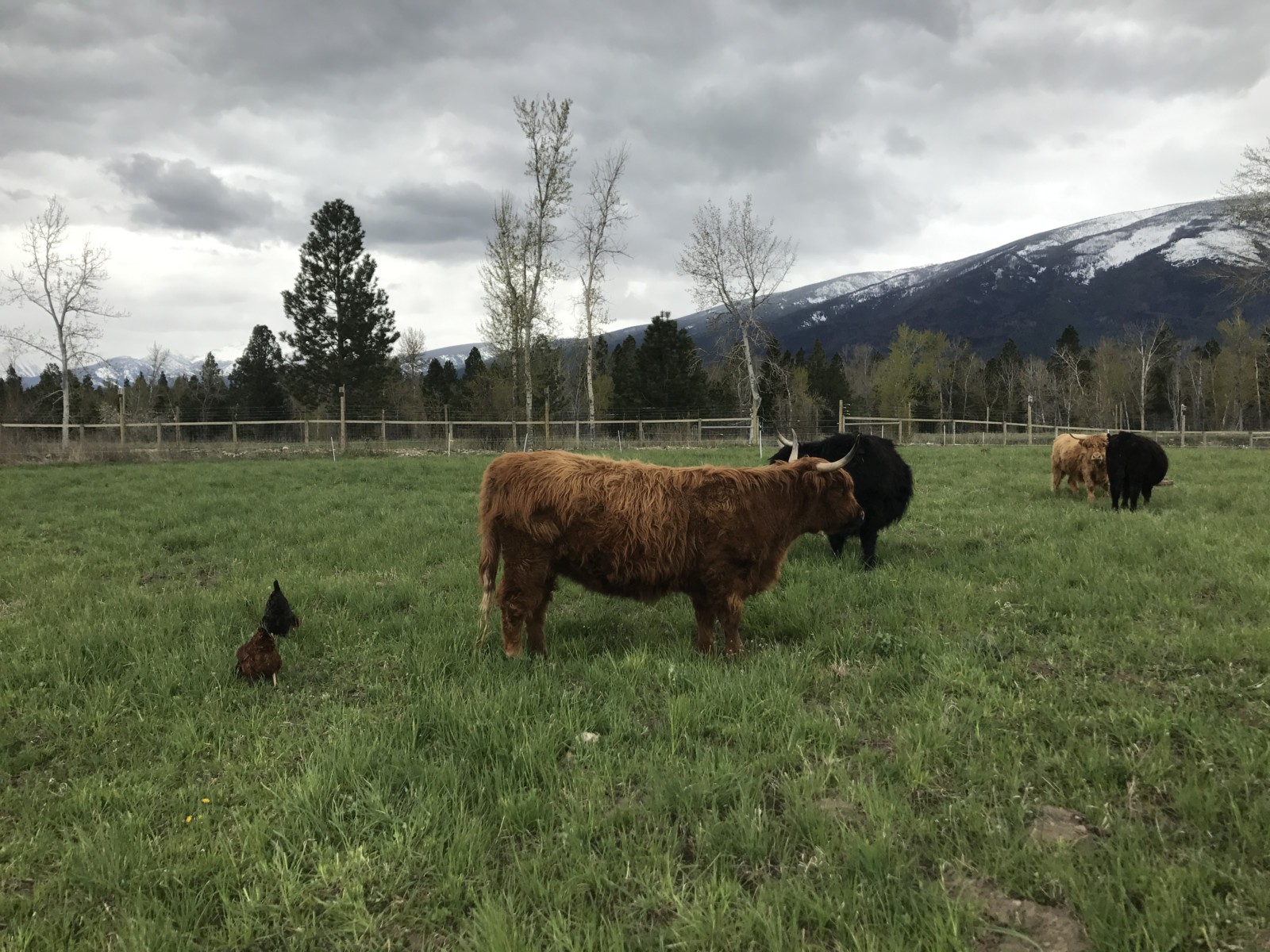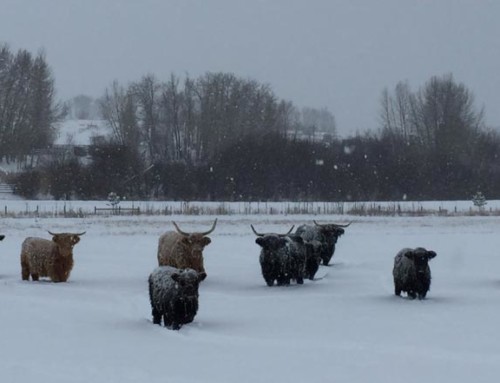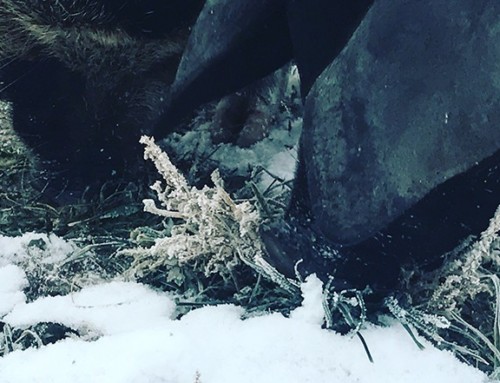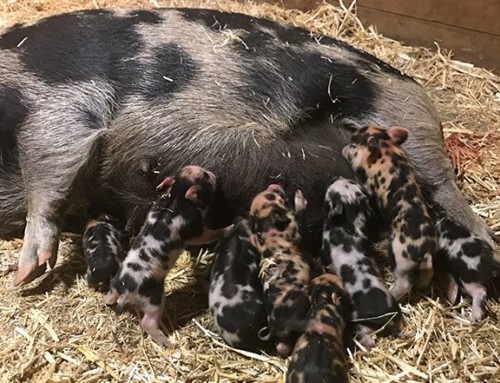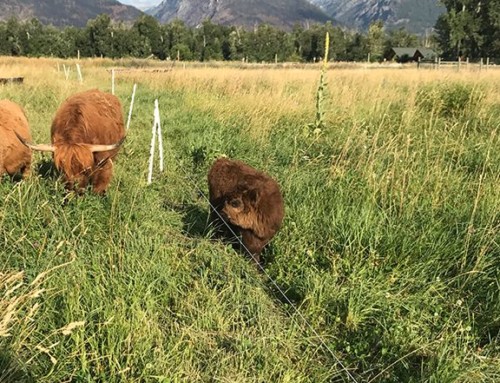Well, I’ll avoid starting this post with my normal line and just say whew it’s Friday, I hope your week was a tad more relaxed than ours. I love every minute of it, but there’s never a dull moment on the farm. We’re back to moving cattle daily, which in turn means the chickens move more frequently. We’re preparing for Spring tree installations, prepping garden beds, training new hires, Tim taught me how to upload to You tube, (check it out https://www.youtube.com/watch?v=hT9yrTeCBRo) testing irrigation and the list goes on and on.
At first glance I was hard pressed to find a specific topic to expand upon, then questions asked by both visitors and a new employee triggered me. The first question was, “Why don’t you have any swales?”, and the second was, “Is permaculture profitable?” It’s questions like this that make me realize, I’ve missed a crucial part of the interaction, it’s all about context. For those of you not familiar with the permaculture take on swales, they’re an on contour drainage ditch, designed to slow runoff and encourage water to percolate down into the soil. Our farm is flat, okay technically there’s a 3′ drop across the farm but it was terraced many many years ago and it’s flat. A swale would just be a wast of energy run off isn’t a problem on this land. We are trying to improve water infiltration, and that’s where our rotational grazing comes in. As to profitability, is farming profitable? Some farms are, some farm’s routinely loose money, while others rely on a check from Uncle Sam. If you think of permaculture as a design system guided by three ethics, you’ll realize that some permaculturists think the third ethic says you shouldn’t make money, others interpret it differently, most can’t even agree on how it should be worded, and I’m staying out of that argument (for now). I can tell you permaculture techniques such as silvopasture produce more grass than a treeless field. Any grazer out there will tell you more grass is better financially than less, how one uses it is another matter. So before you get to concerned about whether what someone is doing is or isn’t permaculture, because they did or didn’t use a technique or they are or aren’t making money remember it’s all about context. What’s yours?
With that said happy growing and I’ll see ya next week.

